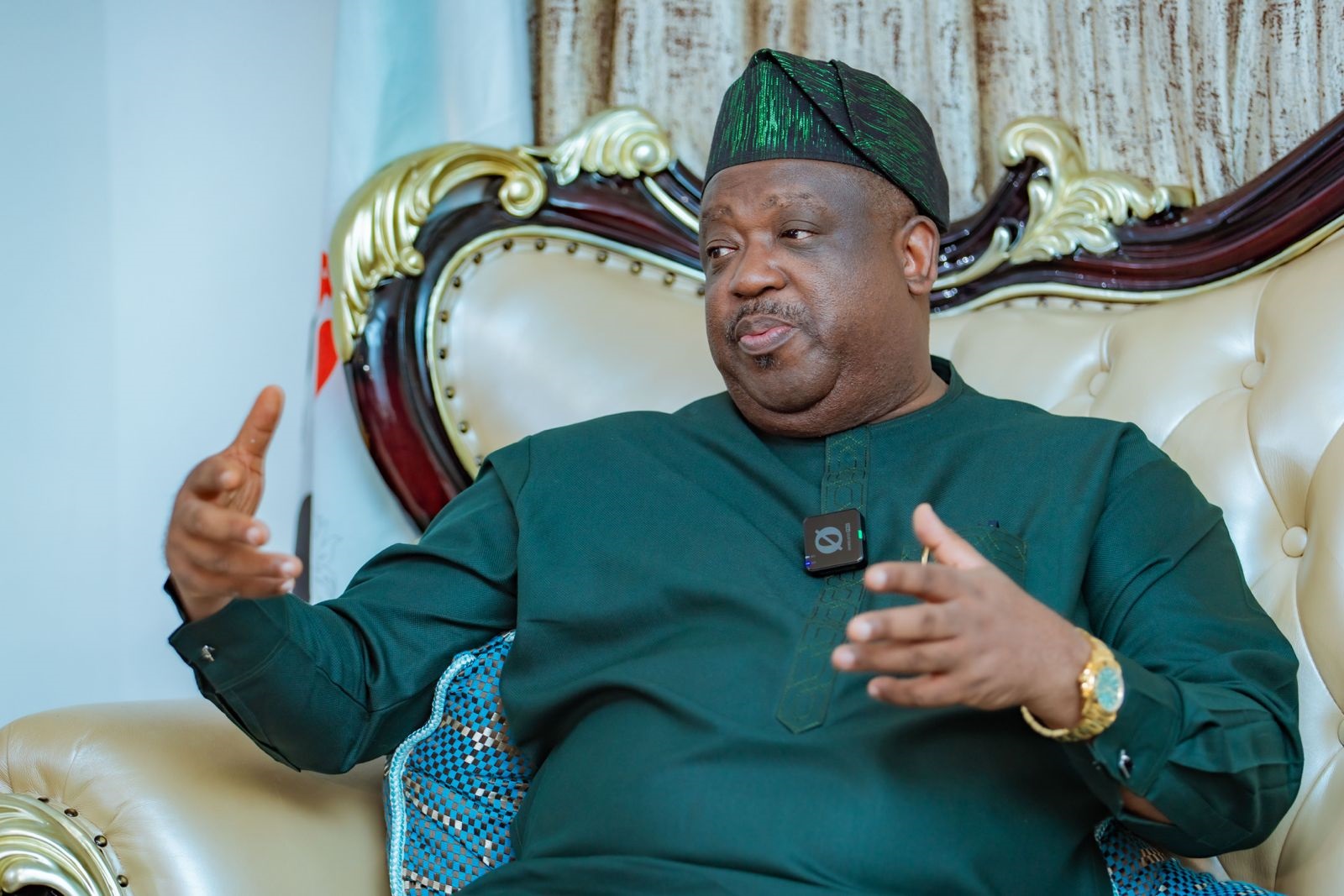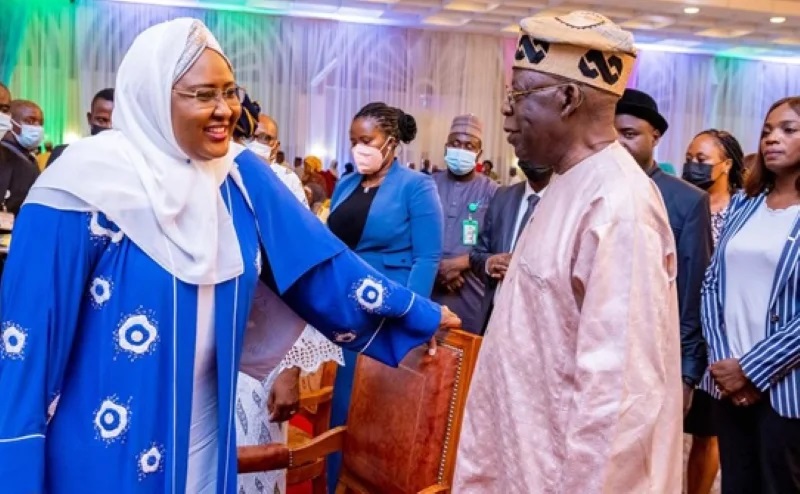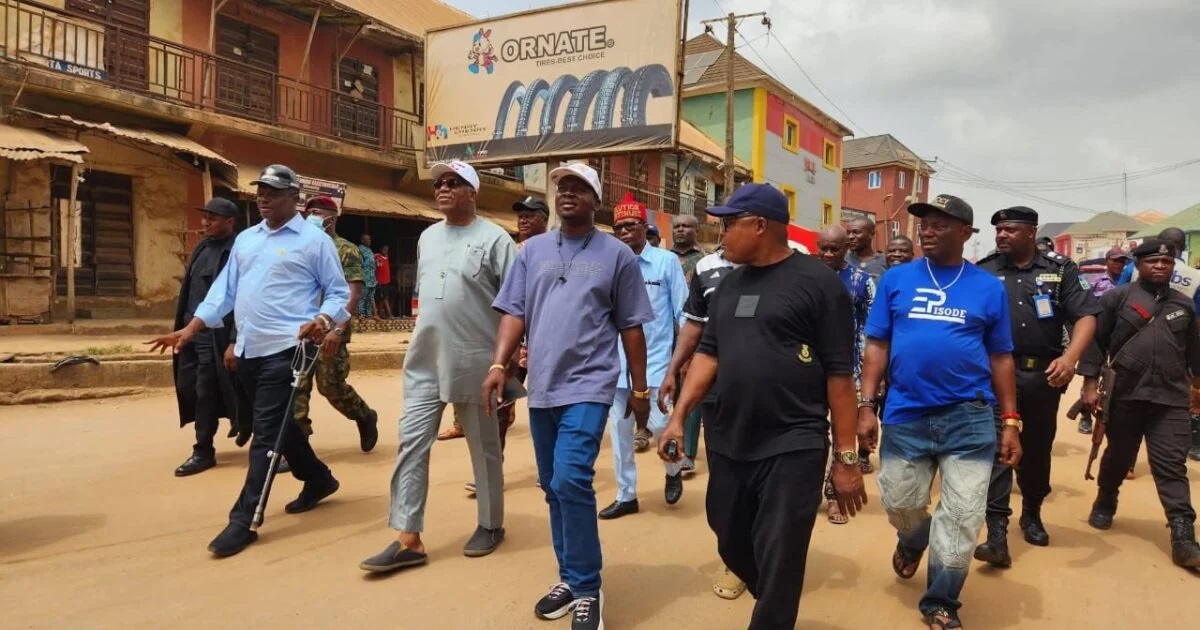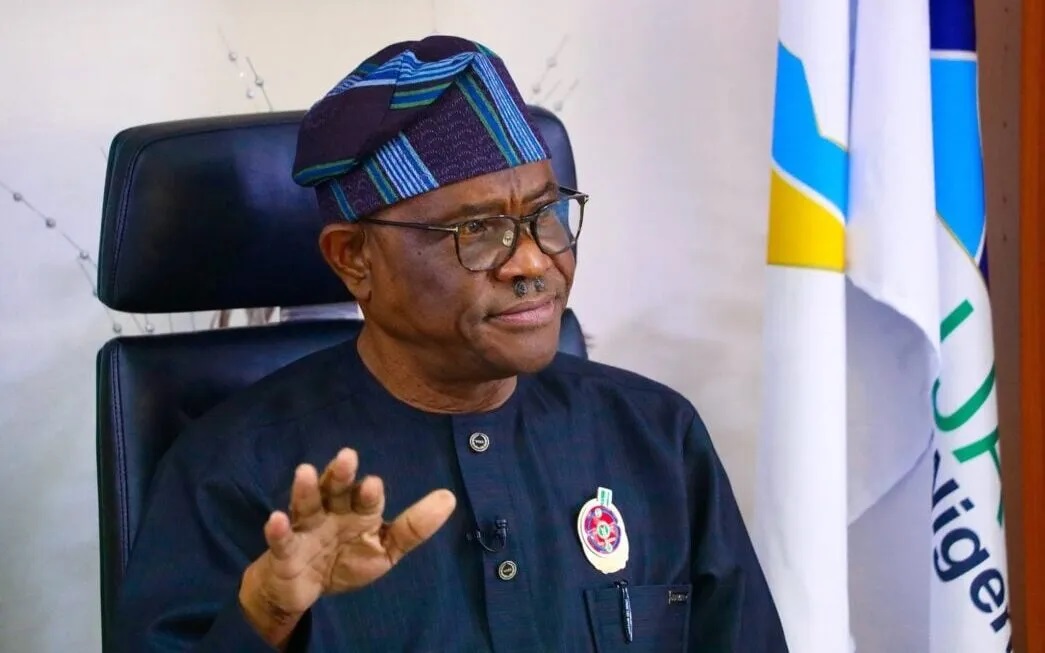Governor Caleb Mutfwang of Plateau State has said that the security situation in the state is milder compared to other parts of the North-Central region, despite recent incidents of violence.
Speaking during an interactive session with journalists on Tuesday in Jos, the governor acknowledged that the recent killings in the state were deeply concerning, but assured that strategic measures were in place to address the situation.
“When we came on board, we were confronted by a myriad of challenges, and the foremost was security,” Mutfwang said.
He noted that the security challenges predated his administration, but maintained that the government’s efforts would soon begin to yield visible results.
“It’s unfortunate that the challenges have not abated as we had hoped, and it’s sometimes difficult for people to appreciate what has been done when the killings persist,” he explained.
“But if we hadn’t acted based on the intelligence at our disposal, Plateau would have been in a far worse condition.”
According to Mutfwang, Plateau is now relatively safer than other states in the region.
“Today, there is no Local Government Area in Plateau that is a complete no-go area. That’s progress,” he said.
Strengthening Local Security Operations
The governor disclosed plans to restrategise and strengthen existing security measures, and said that Operation Rainbow, the state-owned security outfit, would be enhanced to improve intelligence gathering and community engagement.
He also reiterated his administration’s resolve to work closely with the military and other security agencies to protect lives and property.
“We will continue to redouble, rejig, and recalibrate our efforts to stem the tide of insecurity,” he stressed.
“With the structures we are putting in place, I am confident that we will see significant improvement in the near future.”
Call for Support and Cooperation
Mutfwang pledged to deliver quality and sustainable leadership, and appealed to residents to support his administration’s security initiatives.
“Security is a collective responsibility. We need everyone on board to restore peace and ensure lasting stability,” he concluded.





